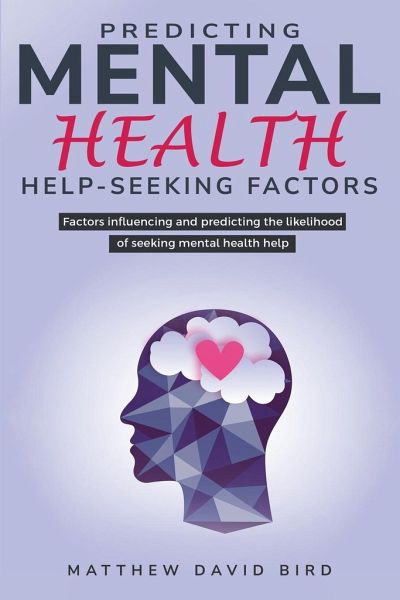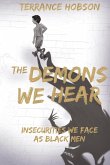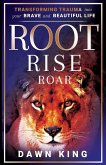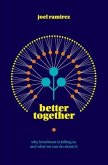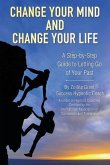Collegiate athletes experience mental health concerns at similar rates to non-athlete students, however, the student-athlete population underutilizes professional mental health help with only 10% of those in need seeking services. Criticisms of the extant research on studentathlete mental health help-seeking include studies that lack theoretical guidance, and convenience samples who are not experiencing a mental health issue. The aim of this study was to conduct a theoretically driven investigation assessing factors of help-seeking associated with the Health Belief Model and Reasoned Action Approach while sampling student-athletes who identified as currently experiencing a personal or emotional health concern. More specifically, the purpose of this study was to investigate which factors of help-seeking behavior predict the likelihood that a student-athlete will seek professional help, and to identify the differences in help-seeking factors between student-athletes with a lower likelihood of seeking help compared to those with a higher likelihood of seeking help. Participants were 269 NCAA student-athletes who completed an online survey assessing factors related to their help-seeking behavior. A multiple liner regression reveled that perceived benefits, perceived susceptibility, and perceived attitudes factors were significant predictors of the likelihood that a student-athlete would seek treatment. Results from a one-way MANOVA showed significant differences between the lower likelihood and the higher likelihood of seeking help group on the perceived seriousness, perceived susceptibility, perceived benefits, instrumental barriers, stigma-related barriers, and the perceived attitudes factors. Additional information gathered in this study suggests the most frequently reported factors which prevented student-athletes from seeking help include a belief the issues they are experiencing is not that serious, or a desire to seek help from a source other than a mental health professional. Findings from this study have implications for athletic departments, campus counseling centers, and future interventions designed to enhance mental health help-seeking.

